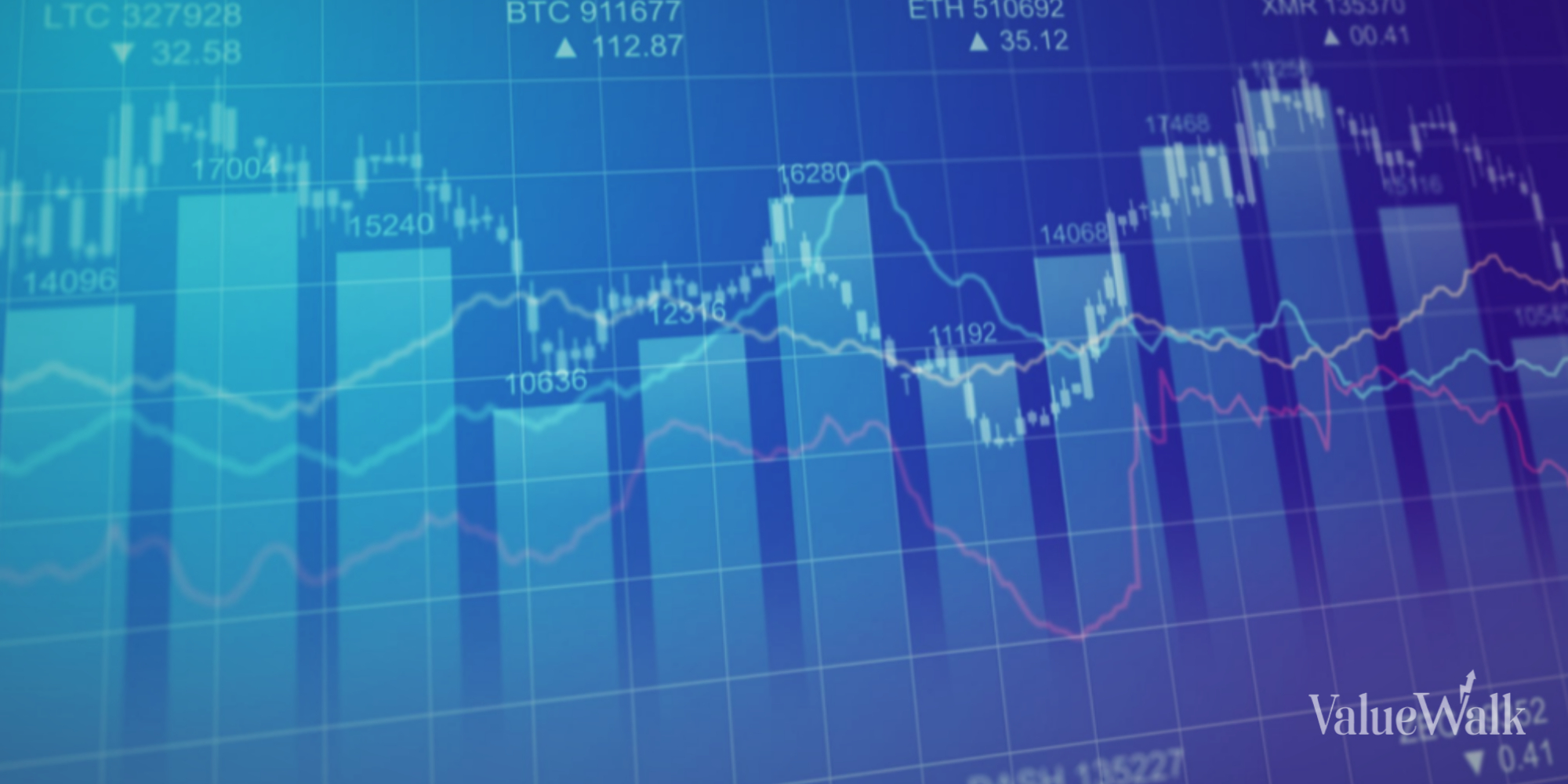Are You Prepared for the Inflated Market Collapse?
You can always count on Wall Street to take something meant to do good and turn it into a force for enriching themselves. The people pulling the levers behind the curtain of the world’s most amazing generator of wealth would simply claim they’re being efficient and using the resources at hand to maximum advantage. Then they’d hasten to add that what they’re doing is perfectly legal because people who routinely push the fringes of legality never pass up a chance to remind everyone how law abiding they are.
The reason you know something just isn’t right is as close as the market headlines. The U.S. GDP numbers for the second quarter were dreadful, corporate earnings aren’t particularly strong and stocks are expensive. There’s no way the market should be setting records in these conditions. What we’re seeing in the financial headlines today is proof positive that markets are not rational. What’s worse, the forces at work today may be setting us up for an extended and costly bear market that could last for years.
Cheap Money Madness
At the heart of market follies we see today are low interest rates. The Fed, with the best of intentions, kept interest rates low for years so companies could afford to borrow money to build their businesses and create jobs. A few people, like Elon Musk, are using that cheap money to construct new factories, but that’s the exception. Instead, companies are taking that cheap money and are using it to buy their own stock, return huge dividends to investors and for execs to pay themselves embarrassingly large bonuses. What’s more, these stock buybacks are pushing equity prices to unsustainable valuations at the same time companies are racking up hundreds of billions in new debt. That’s not hundreds of billions being spent on high-value new factories; that’s hundreds of billions of unsecured corporate debt backed by unsustainable stock valuations and sizeable bonuses that don’t benefit anyone but obscenely-paid CEOs.
Banks Still Up to Their Old Tricks
After 2008 many believed we would crack down on the worst offenses by big banks. But what we did was talk about cracking down on big banks, while we’ve done painfully little. Big banks are being run by the same people playing the same crooked games they were in 2008.
Bond Market No Refuge
As money moves into the bond market, yields go in the opposite direction. Investors desperate for a safe place to make a little return have bid down bond yields to ridiculous levels. Yields are so low that investors are forced to make riskier investments in equities and that’s keeping the stock market at ridiculous valuations.
Investors Chase Returns…Over a Cliff
In their desperation to get some kind of a return on their money, investors are barging into market segments that are typically low-volume sectors. The S&P Midcap 400 Index is up twelve percent this year which is not altogether a positive development. That increase is not being driven by value, it’s being driven by desperation for returns and that never ends well.
As a small investor it’s not hard to see the next market crash coming, just like the housing market collapse was easy to see coming, even as far back as in 2005. The catch–even if you saw the real estate crash coming, it was still two more years before it actually happened. Just because you know what’s going to happen, that doesn’t mean you know when the bubble will finally pop.
That means staying invested but being prepared for a sudden negative turn. Even though bond yields stink, a low yield is better than a big loss. And, crucially, right now you should be skimming profits from stocks and holding those gains in liquid hard assets like gold and silver.
The next crash is coming, and it’s easy to see this time. If you get caught, ten years closer to retirement, you have no one to blame but yourself.






